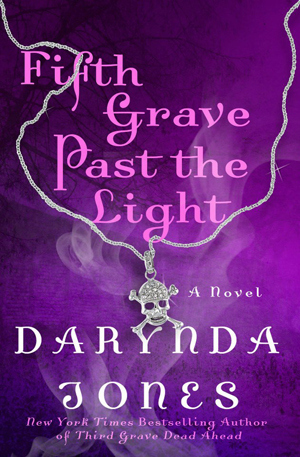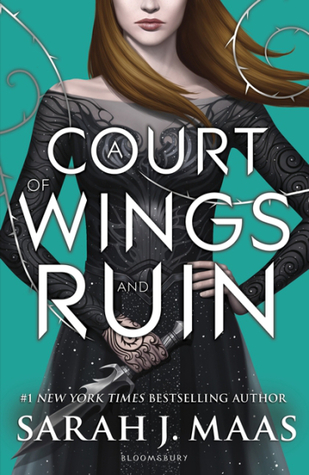What better way to end a year than to be curled up in bed with Neil Gaiman? (Hey, a girl can dream.) He might not have been there in body, but I was all tangled up in his mind. Good enough for me. This time, I snuggled up with The Ocean at the End of the Lane, a short novel of childhood memories, lost magic, and forgetting. And for a time, I forgot who I was. William Morrow | June, 2014 | Paperback | 195 pp
The story begins with a man who absentmindedly winds up at the farm near his childhood home. He’s not quite sure why he’s there, but decides to see if the family who once resided there still occupies the place. His old friend Lettie used to live there, but she had moved to Australia to live with her father, or so he remembers. Sure enough, her family is still there. The man is drawn to the pond behind the farm, the one Lettie used to call an ocean. Once the water is in view, his forgotten memories bubble to the surface.
As a boy he lived just down the lane from the Hempstock farm. He was a quiet boy (and nameless throughout the book) who loved reading instead of football, and solitude instead of hanging around with friends. He didn’t really have any friends. The memory begins just after his seventh birthday, the one where no one showed up to his party. He received a kitten for his birthday and he loved it immensely. But one day a boarder showed up, an opal miner from South Africa, and accidentally killed his beloved kitten. But that’s not all the man did. When the opal miner committed suicide just down the lane, he woke something in an ancient field nearby, something on the Hempstock Farm.
Lettie Hempstock is the youngest of the three generations of women on the farm and she befriends our nameless boy. He knows something peculiar is happening. Money is appearing at strange times and at one point, he woke up choking on a coin from his nightmare. He also knows that the Hempstocks are different – and that they seems to know things before anyone else. Lettie, her mother, and grandmother concur that something had happened. Something had awoken and it was the suicide that caused it. Lettie knows how to find it and send it away. Her elders tell her not to bring the boy just in case, but Lettie is still young by their standards. And she brings the boy.
The creature that has woken is strong, and hungry, and lustful. It’s much stronger than Lettie anticipated. She attempts to banish the creature but something goes wrong, and the boy lets go of her hand. For a moment, he’s unprotected. And in that one moment, he becomes a doorway.
The events that transpire are hellish and brutal. To be descriptive without giving away the nightmare: there is a sentient parasite, an upside-down Mary Poppins, a possessed father who was once docile and loving but now attempts filicide, and a swarm of hungry, murderous birds. Any adult would be catatonic after such an experience. But children are much more resilient, don’t you think?
“Oh, monsters are scared,” said Lettie. “that’s why they’re monsters. And as for grown-ups…” She stopped talking, rubbed her freckled nose with a finger. Then, “I’m going to tell you something important. Grown-ups don’t look like grown-ups on the inside either. Outside, they’re big and thoughtless and they always know what they’re doing. Inside, they look just like they always have. Like they did when they were your age. The truth is, there aren’t any grown-ups. Not one in the whole wide world.”
As the memories return, the man/boy also remembers what really happened to Lettie. He also learns of other visits and maybe some differences to his newfound memories. Some changes we all feel when we travel down memory lane. This was illustrated best when the man sees Lettie’s mother again. In his memory, she was a large and comforting body of warmth. As a man, she looks so much smaller, so much the opposite of what he remembered. We’ve all had these experiences. Is the memory false? Or does time change all thing? The older the memory, the more dreamlike it becomes. Maybe we’re all forgetting things that shouldn’t be forgotten.
“A small part of my mind remembered an alternate pattern of events and then lost it as if I had woken from a comfortable sleep and looked around, pulled the bedclothes over me, and returned to my dream.”
The breathtaking part of this book (for me personally) is the juxtaposition of exquisite beauty and unfathomable horror. Although not much is told about this “old world” the Hempstocks brought with them, the story is fully and wholly complete. Uncomplicated with massive backstories and unburdened from complex naming systems, it is a simple tale that gratifies. Highly recommended.
The Ocean at the End of the Lane
by Neil Gaiman
Bookstagram





